Description
A stellar deal on a clean and fresh Ethiopian coffee!
This is a smallholder-grown coffee processed centrally by Fahem General Trading PLC, an independent specialty exporter operating in Limu Seka, a small agricultural area at the top of the Jimma zone, southeast of Addis Ababa. Generally considered part of Ethiopia’s “western” coffee area, Jimma sits next to the Keffa zone, in whose high altitude forests arabica coffee is believed to have first evolved.
Tasting Notes: Best at light to medium roasts, a great example of Ethiopian coffee. Clean with some good brightness behind it, balanced with spicier black tea like undertones. Lighter roasts have a lemony/floral crispness with hints of a peachy soft fruit tone, pulling balance with a chocolaty herbal note. Medium roasts build a little more body and reduce that lemony floral to a hint, crisp but not overly sour. Dark roasts are bold and semi-sweet, thicker dark tea tones and spice dominate the cup with a little smoky accent. Tasty but a shame to lose those floral and fruity tones that differentiate these Ethiopians over other origins.
Roasting Notes: An easy one to roast but a decent candidate for slowing down the roast a bit, light to medium roasts on a quick air roaster will leave it much more lemony, shooting for a 10-17 minute roasts really converts enough acidity to bring out much more diversity in its tastes. Otherwise if shooting quicker, make sure it gets a longer setup.
Jimma zone sits southwest of Ethiopia’s capital, Addis Ababa. Like much of coffee-growing Ethiopia, Jimma is a broad, sloping plateau of indescribable fertility and drastically high elevations. The best coffees of Jimma, from the Limu, Gera and Goma districts in particular, are known for being snappy with sweet and delicate fruit flavors. The area’s “white” honey, foraged by bees from coffee and forest blossoms, is another famous Jimma icon, and an utter sensory delight. Coffees from this zone, along with those from neighboring Illubabor, are commonly referred to as “Limu”, which is not a geographical indicator itself but more of a terroir distinction encapsulating common cup profiles from this part of the country.
Ato Mohamed Lalo is the founder of Fahem General Trading PLC and is very involved in Ethiopia’s specialty industry, along with his wife, who co-runs the couple’s private coffee estate in Limu Seka. Like a lot of private estates, they make the most of their processing capacity by buying cherry from surrounding smallholders—in this case almost 3,000 of them—to use the estate like a washing station, processing centrally and selling the coffee separately from farm’s.
Fully washed coffee is produced by intaking cherry from registered smallholders daily at Fahem’s collection sites in the area. The coffee is weighed and transported to the estate where it is immediately depulped and fermented underwater for an average of 12 hours, then soaked in fresh water for another 12 hours, and finally washed and spread across raised screen beds to dry. Drying takes 7-10 days, after which the parchment coffee is bagged and moved into a ventilated warehouse for longer term storage.
Fahem consists of over 500 staff during harvest months, including all farm work, certification, training for farmers, marketing for their international sales (and local roasted brand), and apiary management. A portion of the company’s profit is annually reinvested in the local community, including schools, grain mills, pruning tools for smallholders, a local bridge, and expanding the national electric grid.
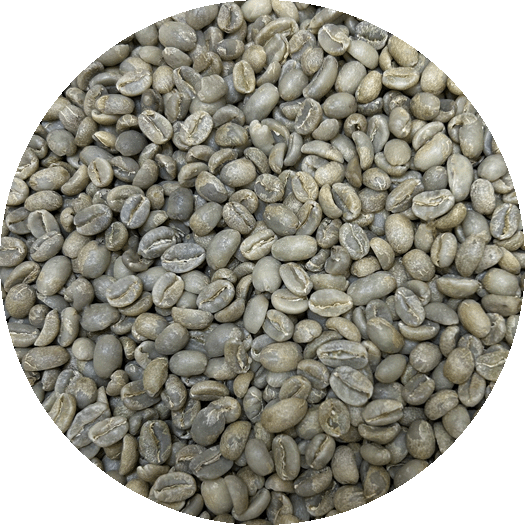
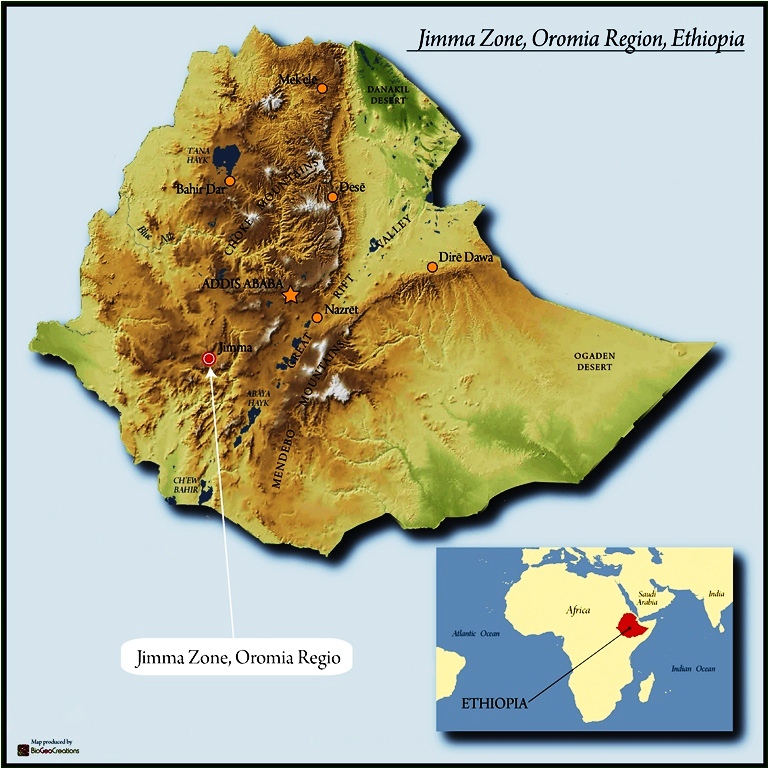
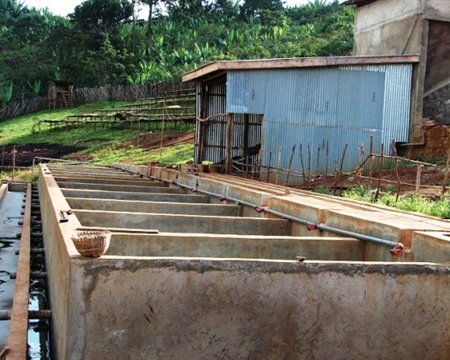
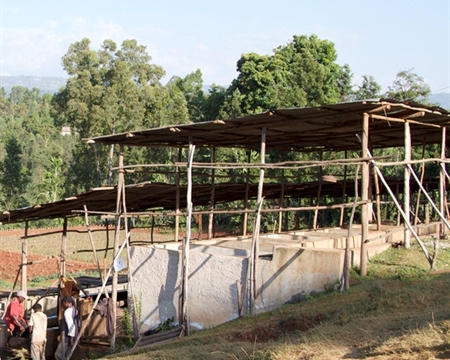
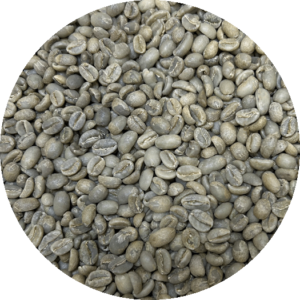
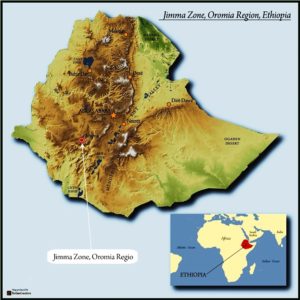
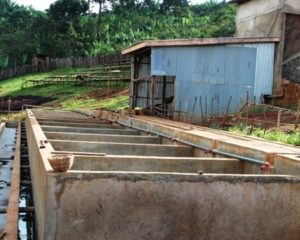
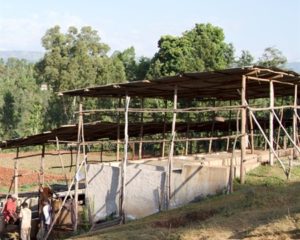
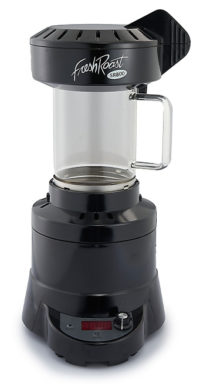
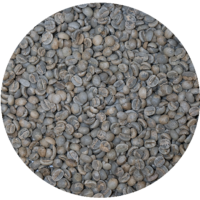
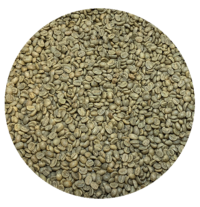


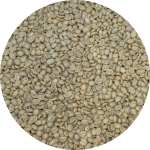

Reviews
There are no reviews yet.